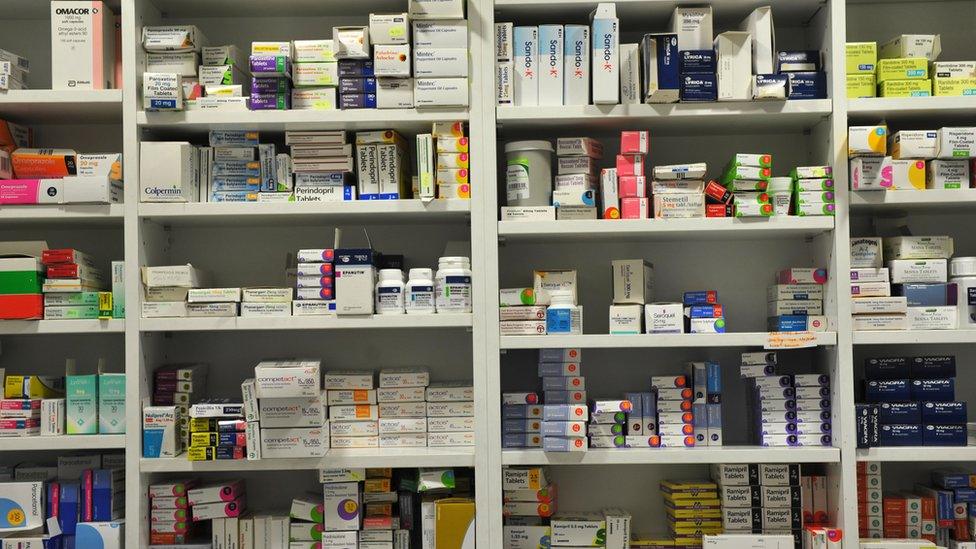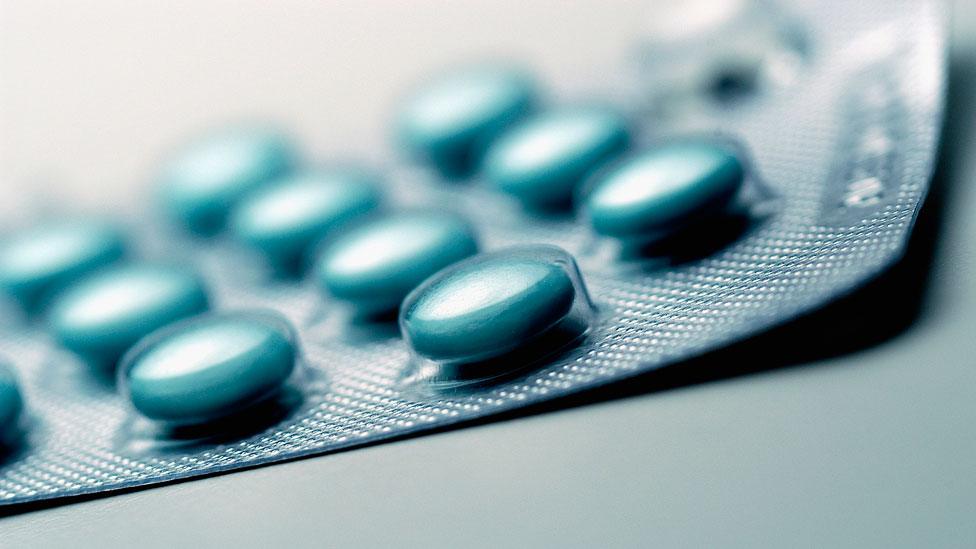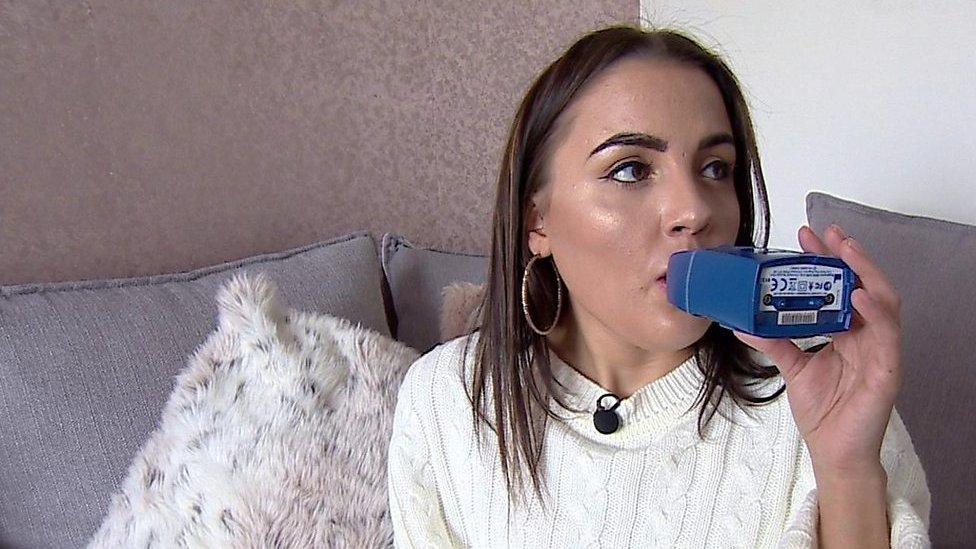Deal gives patients faster drug access
- Published

It's been billed as a win-win for patients, with new drugs and medical devices being made available more rapidly and money flowing back into the NHS.
It sounds too good to be true - and it may turn out to be that.
But the noises from government and the pharmaceutical industry suggest that a new deal over pricing marks a thaw in their relationship, with patients the main beneficiaries.
The background to all this is a long-running row over an obscure-sounding deal called the Pharmaceutical Pricing Regulation Scheme, otherwise known as PPRS, which expires at the end of this year.
Under this arrangement, there was a cap on the annual increase in NHS spending on branded drugs.
Payback time
Anything above the cap was repaid by the companies to the Department of Health, which collected the money on behalf of the Scottish, Welsh and Northern Ireland administrations, as well as the NHS in England.
The row blew up because the drug companies' understanding was that the rebate paid to the government under the scheme would be used to fund other medicines for the NHS, or at least be used transparently for frontline services.
But they argued that, instead, the money disappeared into Whitehall and it was not clear how it was being used.
The pharma industry also claimed that approvals of new medicines were taking too long and, even when they were given the all-clear by regulators, the NHS in England might refuse to fund them for patients.
Relations reached a low a couple of years ago when there was a disagreement between senior civil servants and industry leaders over how much money was due under the rebate scheme at a time when the money was desperately needed because the Department of Health budget was under severe strain.
There were doubts over what would happen when PPRS expired in December this year.
But now a new deal (starting in January) has been agreed in principle, though there is still some detail to be hammered out.

It's been rebranded with the less-than-catchy title "Voluntary Scheme for Branded Medicines Pricing and Access".
The annual increase in bills for medicines paid by the NHS will be capped at 2%, slightly higher than before. The cash payment back to the government for any spending above that limit will be nearly £1bn in 2019, which is more than in previous years.
Ministers have agreed reforms to keep the pharma industry happy which should also benefit the NHS. Appraisals of new medicines and devices by the clinical regulator NICE will be carried out more rapidly which could mean patients getting access six months earlier than under the current process.
Once approved, there will be firmer guarantees that the NHS will fund the new drugs for patients. There will be more discussion between companies and regulators to identify the most promising products at an earlier stage.
There will also be incentives to help smaller companies get their new drugs through the process.
Working together
The understanding at the Association of the Pharmaceutical Industry is that the money paid back to the government if spending by the NHS goes over the cap will be set out more openly. They want to see more transparency and clarity over where their money is going. That may continue to be a contentious issue.
The quotes from ministers are, not surprisingly, upbeat with talk of "a vote of confidence for our world-leading life sciences sector".
Industry leaders are more cautious, describing the reforms as significant and expressing relief that the government and NHS are "working with us".
With all the uncertainties over Brexit, a new long-term deal between the drug companies and the government provides some reassurance for patients and industry employees.
Veiled threats to scale back medical research in the UK have been set aside for now.
But ministers and NHS leaders will have to demonstrate soon that they mean business with the commitments to accelerate patient access to new medicines.
- Published21 April 2018

- Published23 January 2018
